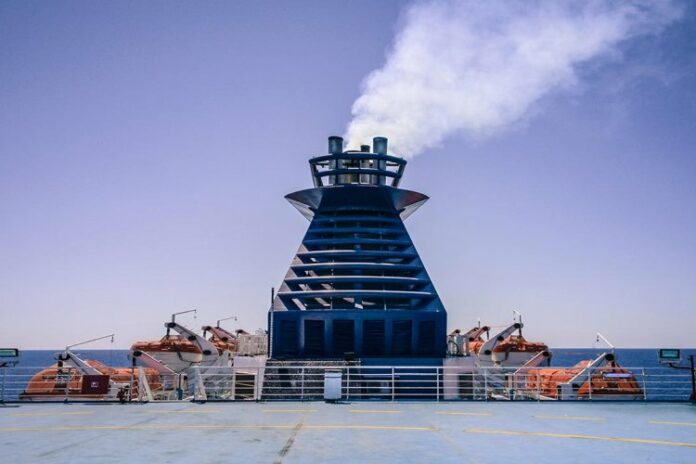GAC Bunker Fuels Limited has signed a Memorandum of Understanding (MoU) with Neutral Fuels to market its marine gas oil diesel blend specifically developed for shipping clients in the United Arab Emirates (UAE), Bahrain, Oman, Qatar, and India.
Gary Hubbard, Chief Commercial Officer of Neutral Fuels, said:
“The partnership is a long-term joint commitment that will accelerate the decarbonisation of a sector essential to global trade. Deploying our net-zero biofuel in the maritime sector will play a key role in helping to achieve the new carbon emission reduction targets set by the International Maritime Organisation. Adoption of cleaner biofuels is much quicker when we work in close collaboration with leading companies such as the GAC Group. It means that the whole sector can become part of the solution to climate change, rather than remaining part of the problem.”
Marine gasoil (MGO) emits 3.22 tonnes of carbon dioxide and equivalents per metric tonne, which can be significantly reduced by the blending of pure net-zero biofuel in varying increments.
GAC cares about sustainability, as evidenced by the Group joining the Global Maritime Forum’s Getting To Zero Coalition in March this year. A division of the GAC Group, GAC Bunker Fuels is making good progress on its drive to switch from oil-based marine fuels to fuels with a much smaller environmental impact, such as biofuels and LNG, and is well on track to achieve its carbon zero target by 2030.
Martyn McMahon, GAC Bunker Fuels’ Global Commercial Manager, commented:
“As a leader in our industry, we have a responsibility to do the right thing. We have to play our part in helping to achieve the United Nations’ sustainable development goal on climate action. Hence our commitment to adapt, reduce and mitigate our activities’ negative impact on the environment and contribution to climate change.”
Increasingly, shipping companies looking for cost-effective ways to meet their carbon emission reduction targets are relying on their suppliers to offer sustainable alternatives.
McMahon continued:
“The quicker we adapt our thinking and behaviour to reduce carbon emissions, the better for everyone. We want to work with like-minded partners and customers who share the same sustainability goals and passion as us.”



